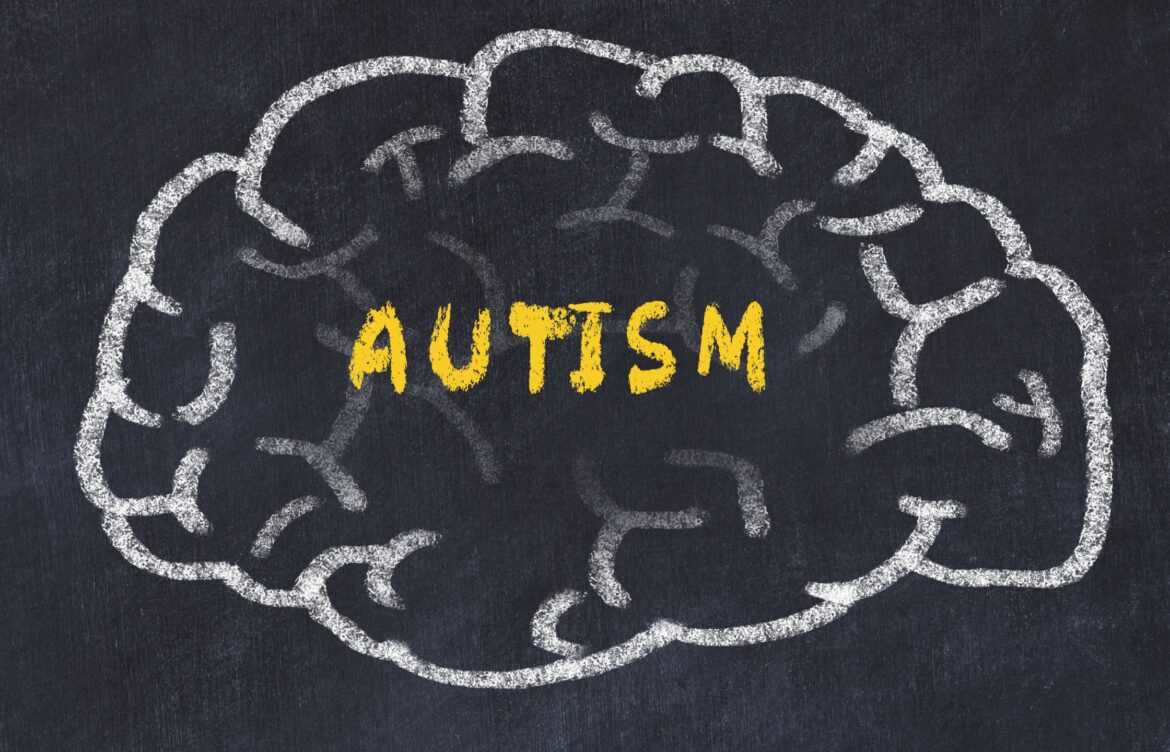
The Importance Of Early Intervention In Autism
Autism Spectrum Disorder (ASD) refers to a neurodevelopmental condition characterized by social interaction and communication challenges, and restricted or repetitive behaviors. The prevalence of autism has risen significantly in recent years. While the exact causes of autism remain unclear, research consistently highlights the critical role of early intervention in improving outcomes for children with autism. Early intervention refers to the timely provision of therapeutic and educational support during the formative years of a child’s life, typically before the age of five.
Read on to learn the importance of early intervention in autism.
Understanding Early Intervention
Early intervention encompasses a range of services tailored to address the unique needs of children with autism. These services may include speech therapy, occupational therapy, behavioral interventions, and social skills training. The goal is to identify and address developmental disorders as early as possible, leveraging the brain’s remarkable plasticity during the early years. It’s said that the earlier a child receives intervention, the greater the likelihood of long-term optimal outcomes. For instance, children who receive early support often demonstrate significant improvements in communication, social interaction, and adaptive behaviors.
One of the most effective ways to access early intervention services is through specialized programs such as those offered by organizations focused on autism. These programs are designed to provide comprehensive support to families, equipping them with the tools and strategies needed to foster their child’s development. By addressing challenges early, children with autism are better prepared to navigate the complexities of school, relationships, and daily life.
The Science Behind Early Intervention
The human brain undergoes rapid development during the first few years of life, forming neural connections at an astonishing rate. This period of heightened neuroplasticity provides a unique window of opportunity for intervention. Early intervention can help rewire neural pathways, enabling children with autism to develop skills that might otherwise remain underdeveloped. For example, when implemented during the early years, behavioral therapies such as Applied Behavior Analysis (ABA) have been shown to improve language acquisition, reduce problematic behaviors, and enhance social skills.
Moreover, early intervention can mitigate the risk of secondary challenges associated with kids with autism, such as anxiety, depression, and academic difficulties. Early intervention lays a strong foundation for future learning and development by addressing core symptoms and providing targeted support.
Benefits for Families and Caregivers
Early intervention isn’t solely focused on the child; it also provides invaluable support for families and caregivers. Raising a child with autism can be overwhelming, particularly for parents who may lack the knowledge or resources to address their child’s unique needs. Early intervention programs typically include parent training and counseling, empowering families to play an active role in their child’s development. These programs can foster a nurturing environment that promotes growth and learning by equipping parents with effective strategies.
Additionally, early intervention can strengthen the bond between parents and their child. As parents become more confident in their ability to support their child, they’re better able to engage in meaningful interactions and build a positive relationship. This, in turn, enhances the child’s emotional well-being and social development.
Long-Term Outcomes of Early Intervention

The impact of early intervention extends far beyond the early years. Children who receive timely support are more likely to achieve milestones such as attending mainstream schools, forming friendships, and gaining independence. These achievements can improve their quality of life and reduce the need for intensive support later in life. For instance, it’s believed that children who participate in early intervention programs are less likely to require special education services or residential care as they grow older.
Furthermore, early intervention can profoundly affect a child’s self-esteem and sense of belonging. By helping autistic children develop essential emotional skills and overcome challenges, early intervention can foster a sense of accomplishment and confidence. This positive self-perception can motivate children to pursue their goals and aspirations, ultimately leading to a more fulfilling and productive life.
Challenges and Barriers to Early Intervention
Despite its proven benefits, early intervention remains inaccessible to many families. Barriers such as limited availability of services, long wait times, and high costs can prevent autistic children from receiving the support they need. Furthermore, cultural and linguistic differences may hinder some families from seeking or accessing early intervention programs. Addressing these challenges requires a concerted effort from policymakers, healthcare providers, and communities to ensure that all children with autism have access to timely and effective support.
Lastly, public awareness campaigns and community outreach initiatives can play a crucial role in overcoming these barriers. By educating families about the importance of early interventions for children and connecting them with available resources, communities can help bridge the gap and ensure no child is left behind.
Conclusion
Early intervention is a cornerstone of effective autism support, offering transformative benefits for autistic children, families, and society. With the information mentioned above in mind, early intervention can empower children with autism to reach their full potential and lead fulfilling lives.
While challenges remain in ensuring universal access to these services, the importance of early intervention can’t be overstated. Through continued research, advocacy, and collaboration, it’s possible to create a world where every child with autism has the opportunity to thrive.
 Mattie Hubbard is a distinguished figure in the field of sustainable agriculture, known for her innovative approaches to environmentally friendly farming practices. With a deep-rooted passion for the earth and a commitment to ecological balance, Mattie has become a leading voice in promoting sustainable methods that benefit both the environment and the farming community. Her work often involves integrating traditional agricultural knowledge with modern techniques to create systems that are both productive and sustainable.
Mattie Hubbard is a distinguished figure in the field of sustainable agriculture, known for her innovative approaches to environmentally friendly farming practices. With a deep-rooted passion for the earth and a commitment to ecological balance, Mattie has become a leading voice in promoting sustainable methods that benefit both the environment and the farming community. Her work often involves integrating traditional agricultural knowledge with modern techniques to create systems that are both productive and sustainable.
